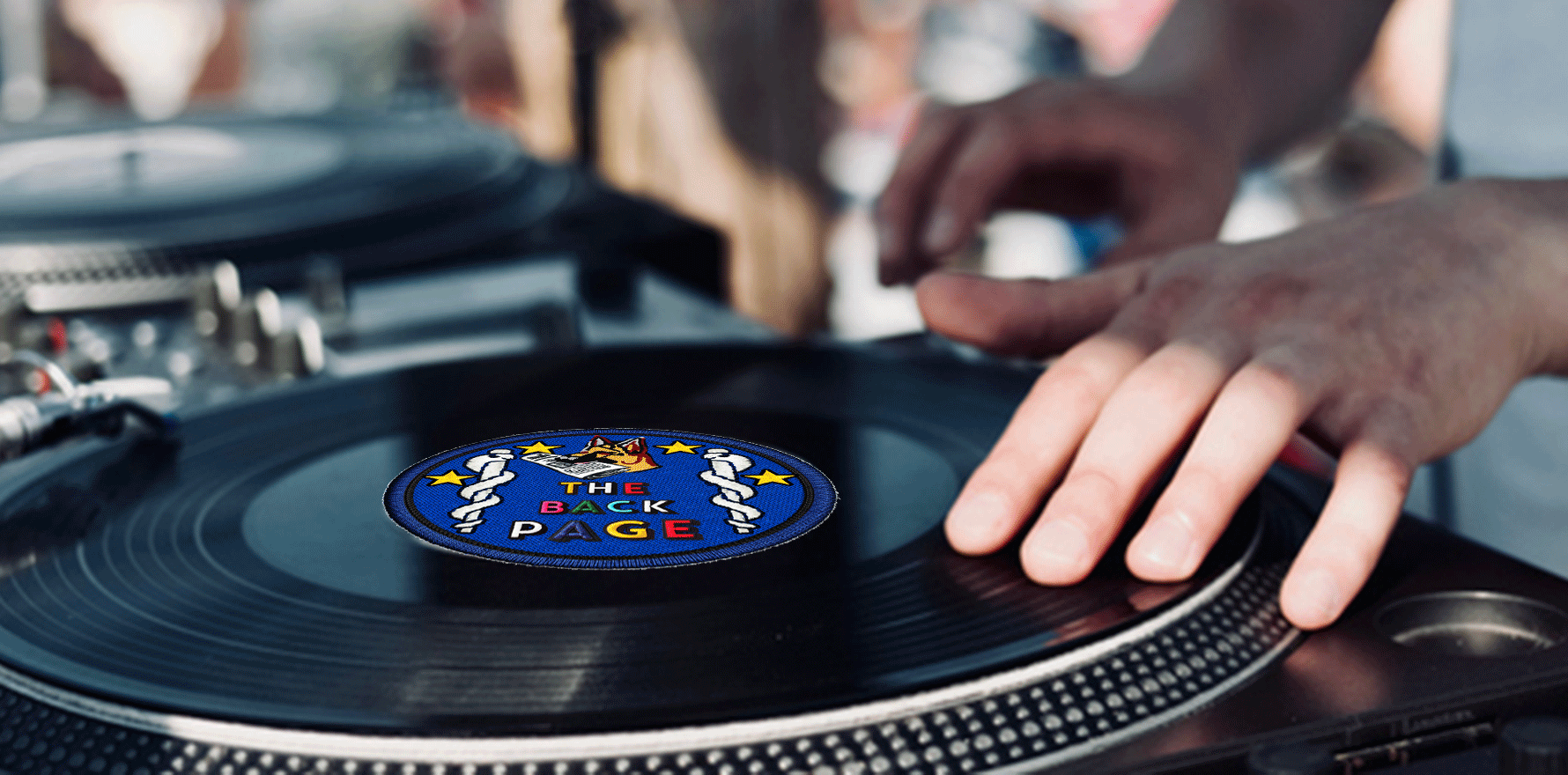Turns out the right sort of beats are good for your brain’s functioning.
The Back Page likes a “groove rhythm” as much as the next person, and now researchers in Japan have found that music with a groove enhances cognition.
We already know that exercise benefits the executive function of the brain. Anecdotally, The Back Page recalls experiencing enhanced executive function while jogging to Frankie Goes to Hollywood’s Relax and listening to Crime and Punishment via a Sony Walkman. 1980s, of course.
However, in a recent study, titled “Groove rhythm stimulates prefrontal cortex function in groove enjoyers”, researchers from the University of Tsukuba have thrown some academic weight behind the idea that music can have the same effect.
“Groove rhythms elicit groove sensations and positive affective responses,” said lead author of the study, Professor Hideaki Soya. “However, whether they influence executive function is unknown. Accordingly, in the present study, we conducted brain imaging to evaluate corresponding changes in executive function, and measured individual psychological responses to groove music.”
To do this, the researchers did a whole bunch of functional near-infrared spectroscopy stuff with participants who had just got down to some wicked beats followed by a colour-word matching task. This was designed to examine inhibitory executive function before and after listening to music.
We think the setup looked a bit like this:
Fifty-one participants underwent two conditions: three minutes of listening to GR or a white-noise metronome. No prizes for guessing which was better fun.
“The results were surprising,” Professor Soya said. “We found that groove rhythm enhanced executive function and activity in the left dorsolateral prefrontal cortex only in participants who reported that the music elicited a strong groove sensation and the sensation of being clear-headed.”
The clear-headed requirement clearly means rave goers don’t get to partake in the benefits of enhanced executive function if they’ve dropped a few dodgy tablets.
While this is undoubtedly rigorous research, and the findings equally valuable, The Back Page does have one concern about terms of reference. Following an extensive literature search we were unable to find a clinically adequate definition of “groove”.
The study’s working definition seems to be “a groove rhythm creates the sensation of wanting to move to the music”. So, we assume Madonna was right on the money.
Lost your groove? Let penny@medicalrepublic.com.au know.


